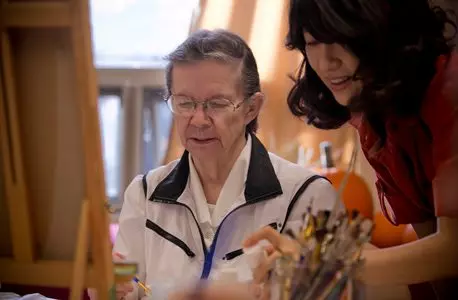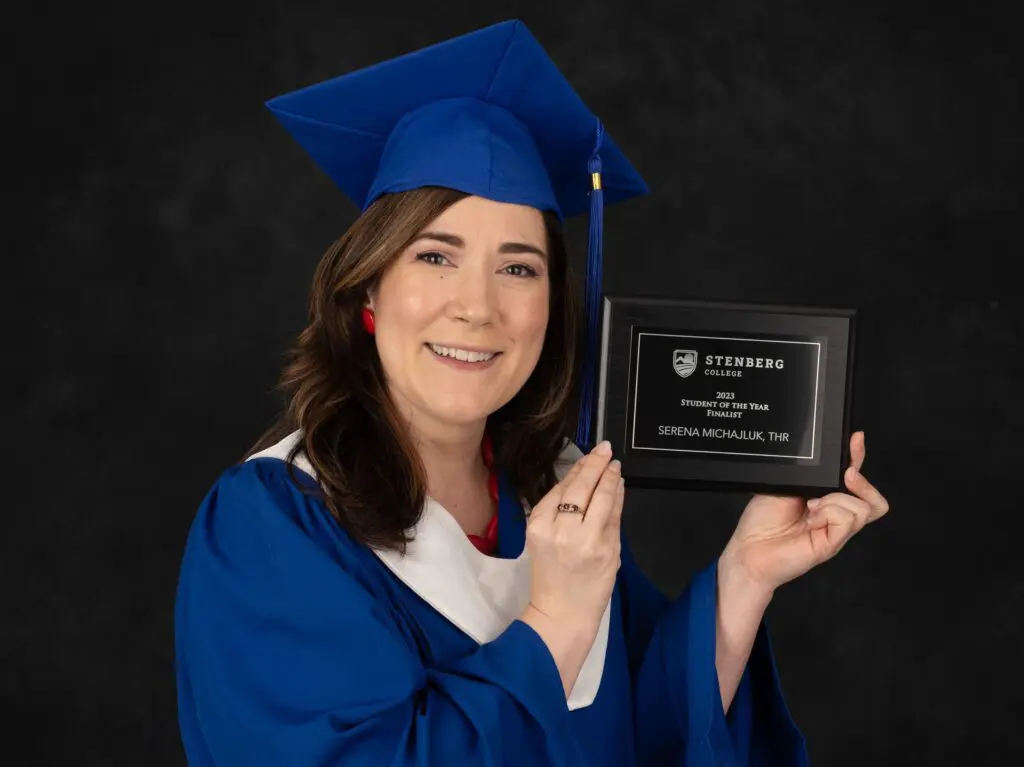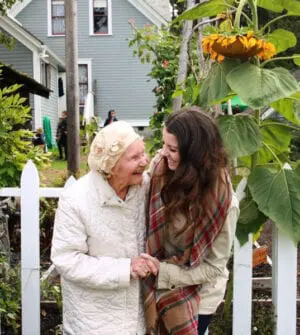Many seniors, especially those in long-term care systems, spend a substantial amount of time being cared for by various healthcare professionals. While frequent visits with doctors, nurses, physiotherapists, and other professionals are essential to maintaining good health, spending so much time discussing health ailments can become quite tiring. Therapeutic Recreation focuses on finding leisure activities that seniors can participate in, regardless of their health conditions. Patients who typically undergo therapeutic recreation include those who have physical, cognitive and emotional challenges as a result of an injury or disease.
If you are thinking about enrolling in Therapeutic Recreation courses, or you have recently started your program, read on to learn how therapeutic recreation can contribute to the health and happiness of seniors.
Therapeutic Recreation Improves Physical Health
During your Therapeutic Recreation training, you will learn how to create programs consisting of activities that can benefit seniors in one-on-one environments and in group settings. Seniors benefit from activities that involve light exercise, such as going for walks, swimming, or perhaps completing seated chair exercises. Such activities can help improve mobility, joint flexibility, agility, balance and much more.
Studies show that light exercise can have a positive effect on conditions such as hypertension, osteoporosis, diabetes and various mental illnesses. Therefore, it is crucial for Therapeutic Recreation workers to incorporate physical activities into senior recreation programs.
Therapeutic Recreation Improves Cognitive Function and Emotional Wellbeing
While earning your Therapeutic Recreation diploma, you will learn that there are many recreational activities that can help improve cognitive abilities and increase emotional wellbeing in seniors. Some of these include; painting, playing musical instruments and participating in trivia games. Healthcare professionals know that seniors who partake in these activities can experience many positive outcomes. Some of these include; increased mental alertness, improved problem-solving and organizational skills and increased self-esteem.
Therapeutic Recreation has Social Benefits
Providing seniors with good company is one of the most important contributions you can make during your career. Many seniors are faced with feelings of frustration, anxiety, depression and isolation. By simply showing up and maintaining an active role in their lives, healthcare professionals are capable of providing seniors with hope and companionship.
Group-related Therapeutic Recreation activities help seniors feel like they’re a part of a community. Bingo, for example, will encourage seniors to chat with one another and make new friends. Group activities can also:
- reduce loneliness and give seniors something to look forward to
- build connections with family and community through a fun activity
- development or maintain social skills
- help develop and ability for self-advocacy
Are you interested in pursuing a Therapeutic Recreation career? Visit Stenberg College for information on training programs or to speak with an advisor.











